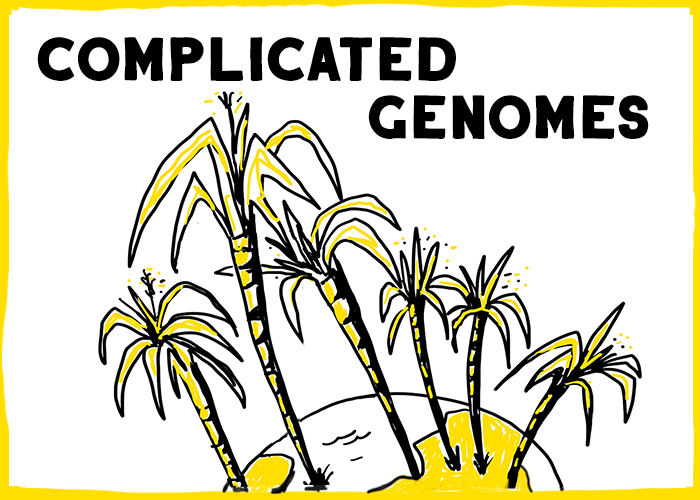HUNTSVILLE, Ala – Research at the HudsonAlpha Institute for Biotechnology and Duke University, published in PLoS Genetics, uses genome-wide sequencing in families to demonstrate that the sequence of human DNA contributes much more to its own regulation than had been believed.
“Our results show that genome sequence will need to be considered when assessing how genes are regulated, especially by DNA methylation, in the context of disease,” said Jason Gertz, postdoctoral fellow at HudsonAlpha and a lead author on the study. “This is particularly important for cancer research where DNA methylation is being considered as a biomarker.”
The expression of genes in DNA is partly controlled by an extra chemical addition, a methyl group, added to specific bases in important positions in the genome. DNA methylation levels can be influenced by environment, the parental origin of that stretch of DNA, and genome sequence.
In the new study, Gertz, along with Katherine E. Varley, Ph.D. and Richard M. Myers, Ph.D. of HudsonAlpha and colleagues, evaluated the impact that DNA sequence has on its own methylation by analyzing methylation levels in a three-generation family, as well as unrelated individuals. “It was surprising to learn how much influence our DNA sequence has in determining where methylation occurs in our genomes”, said Gertz.
This study has been made possible by the development of methods in the HudsonAlpha laboratory of Richard M. Myers, Ph.D., using high-throughput sequencing to study methylation on a genome-wide scale. The researchers followed DNA methylation patterns through the families and were able to compare local patterns to local variations in genome sequence in each individual.
The data showed DNA methylation in the children depended not on which parent contributed that stretch of DNA, but on the actual sequence of the DNA. These results contrast with previous work showing in some areas of the genome, a person’s methylation pattern is determined by which parent passed on that stretch of DNA.
The study demonstrates that up to 80 percent of the variation in DNA methylation between people is due to changes in genome sequence, and not previously believed factors such as environment and parental contributions.
The study is published in the journal PLoS Genetics and is freely available at this link.
hralston@hudsonalpha.org
256.508.8954
The HudsonAlpha Institute for Biotechnology in Huntsville, Alabama, is the cornerstone of the Cummings Research Park Biotechnology Campus. The campus hosts a synergistic cluster of life sciences talent – science, education and business professionals – that promises collaborative innovation to turn knowledge and ideas into commercial products and services for improving human health and strengthening Alabama’s progressively diverse economy. The non-profit institute is housed in a state-of-the-art, 270,000 square-ft. facility strategically located in the nation’s second largest research park. HudsonAlpha has a three-fold mission of genomic research, economic development and educational outreach.


